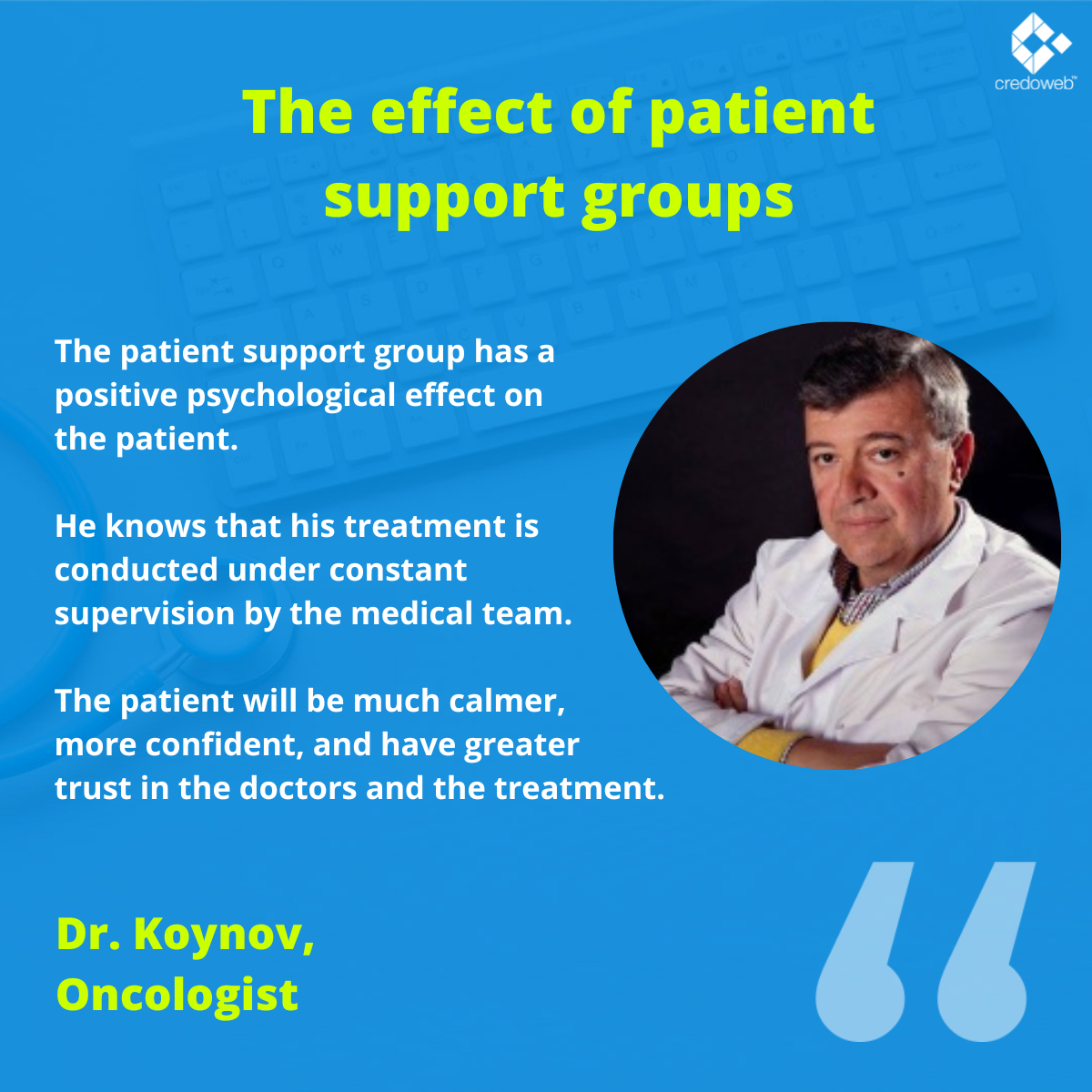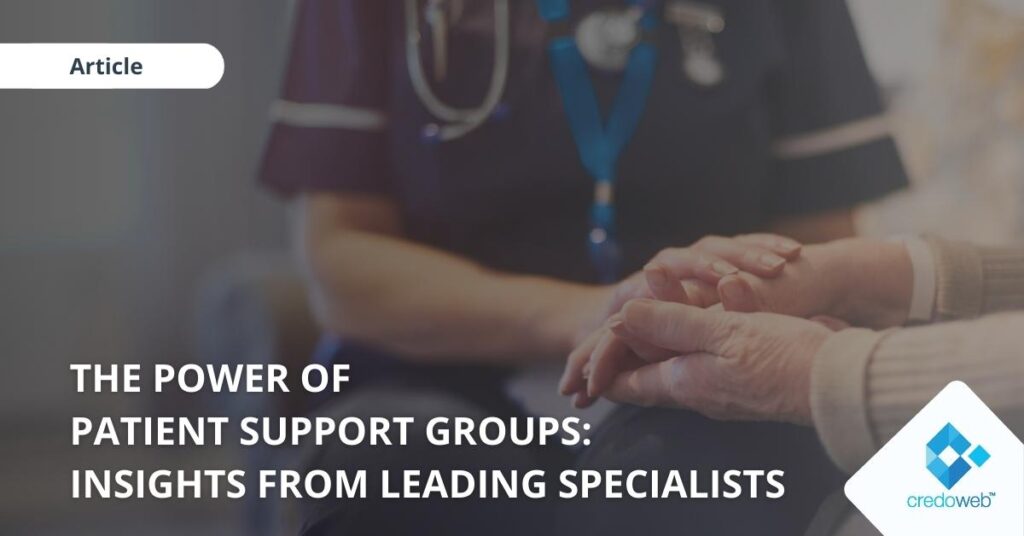In the realm of healthcare, patient support programs have emerged as valuable resources for individuals grappling with various medical conditions. These programs are designed to foster information sharing, provide emotional and medical support, and ultimately enhance the overall patient journey. Recognizing the need for improved support to patients with chronic diseases, our team embarked on a series of insightful interviews with leading specialists in oncology, cardiology, rheumatology, and neurology. From these conversations, a resounding theme emerged: the need for a new channel of communication – online patient support groups led by medical professionals. These virtual communities offer a dynamic platform for fostering connections, building trust, and providing comprehensive support to patients in the comfort of their own homes. In this article, we delve into the perspectives of renowned medical experts who shed light on the transformative power of patient support groups in improving patient outcomes and enhancing the healthcare system.
Enhancing Patient Knowledge and Communication
Patient support groups play a pivotal role in ensuring patients are well-informed about their treatment. While verbal information provided during hospital visits may be overwhelming or only partially absorbed, online resources within these groups offer additional information about medication usage and potential side effects. Furthermore, ongoing contact with the treating team allows patients to address concerns promptly and resolve issues faster, especially for those in remote regions. This not only saves on travel expenses but also instills a sense of reassurance in patients, knowing that their treatment is under constant medical supervision.
Improving Treatment Adherence
Oncologists highlight a major challenge: treatment adherence. Patient support groups play a crucial role in aiding adherence to therapy, as discontinuation or inconsistent adherence can compromise the effectiveness of treatment. By providing a platform for patients to discuss their experiences and challenges, these groups offer valuable insights from their medical team and peer support, helping individuals stay committed to their treatment regimens.
Facilitating Medical Team Collaboration
The benefits of patient support groups extend beyond patients themselves. Physicians explain that they receive timely information about treatment progress through these groups, enabling them to address any issues promptly. This constant monitoring reduces the risk of irregular medication intake, ultimately improving treatment outcomes. Moreover, online communication within these groups allows medical professionals to accumulate valuable experience in managing treatment side effects, leading to enhanced professional development and improved patient care in the future.

Empowering Patients and Increasing Trust
Patient support groups offer patients a platform to share their positive experiences with loved ones. This not only strengthens patients’ social support networks but also contributes to a positive hospital image. Additionally, by providing patients with a dedicated space to seek support and information, these groups help alleviate the burden on healthcare professionals. Patients no longer need to seek appointments with physicians for inquiries that can easily be addressed through online interactions, thereby saving precious time for physicians. Moreover, the direct channel to the medical team established through these support groups fosters improved relationships and enhances trust between patients and healthcare professionals.
Addressing Unique Therapy Challenges
Different medical conditions present unique challenges that patient support groups can address. Oncosurgeons and cardiosurgeons emphasize the need for support groups tailored to specific surgical procedures. By providing information on common complications and expectations, these groups empower patients to navigate their treatment journeys more confidently.
Rheumatologists point out the significance of long-term support for patients on specialized therapies, particularly those who have limited contact with their doctors, often meeting only once or twice a year. While patient organizations and existing programs offer valuable psychological and administrative support, physicians recognize that continuous medical assistance can be best provided by the medical team themselves. In this context, patient support groups led by medical professionals step in to bridge this gap by offering ongoing consultations and guidance, ensuring that patients receive the necessary medical support throughout their treatment journey.
Conclusion
Patient support programs have become indispensable in modern healthcare. Adding patient support groups with active involvement of the medical team can empower patients even more with knowledge, enhance treatment adherence, foster collaboration between medical teams and patients. As highlighted by leading medical experts, these groups can have a profound impact on patient outcomes, well-being, and overall healthcare system effectiveness. Embracing and promoting patient support groups can lead to improved patient experiences and better healthcare outcomes for all.
Putting patient needs at the center of the therapy
Creating a virtual community for confidence and support during treatment in a protected microsite for patients, their caregivers and physicians:
- Monitoring of patients’ condition and management of side effects
- Regular online access to a medical specialist who answer therapy questions
- Decreased probability of dropping out in the course of treatment



